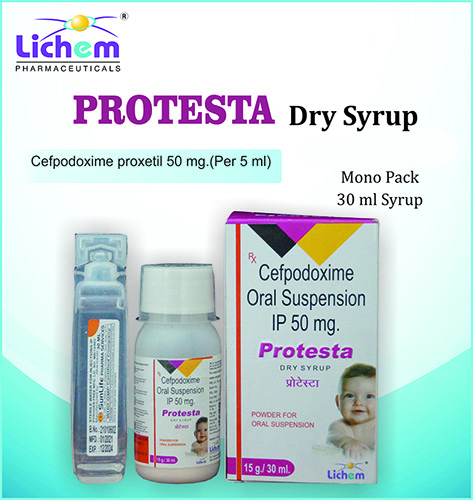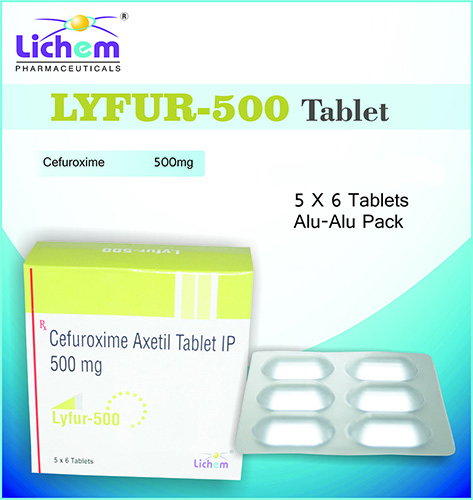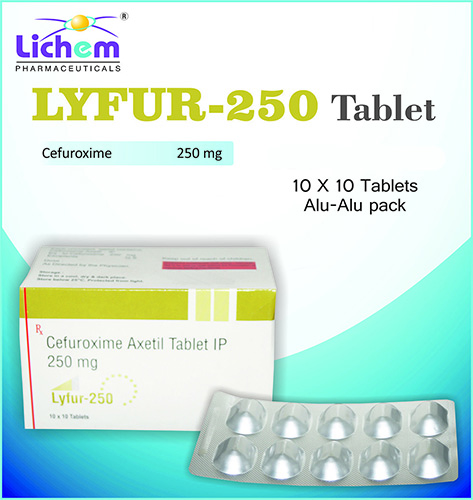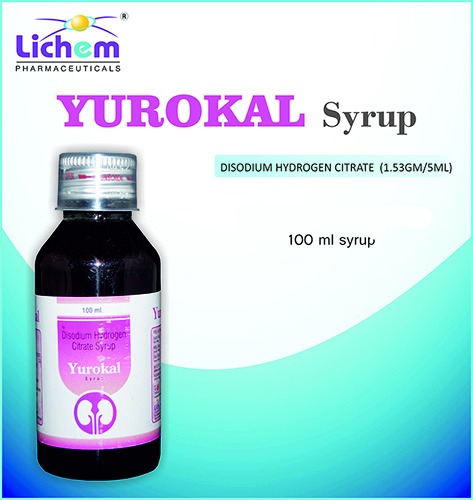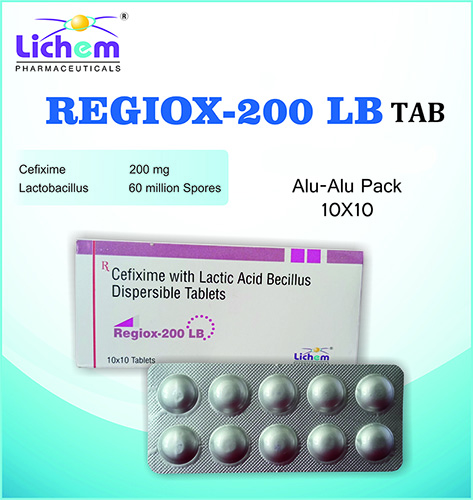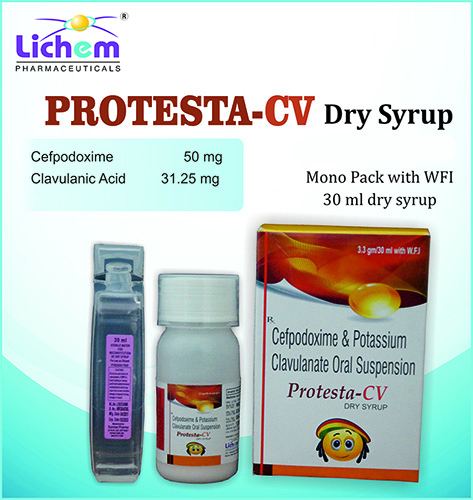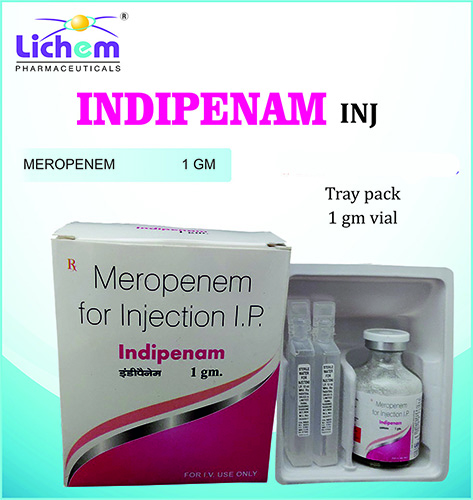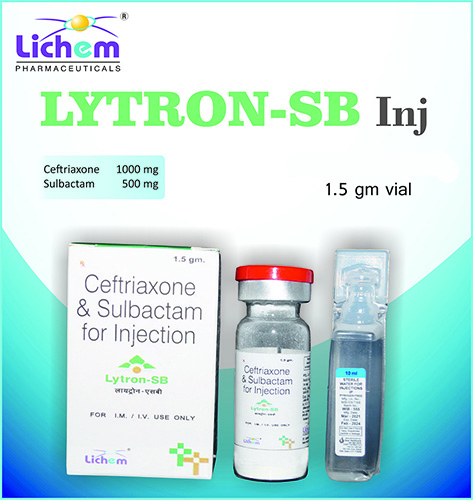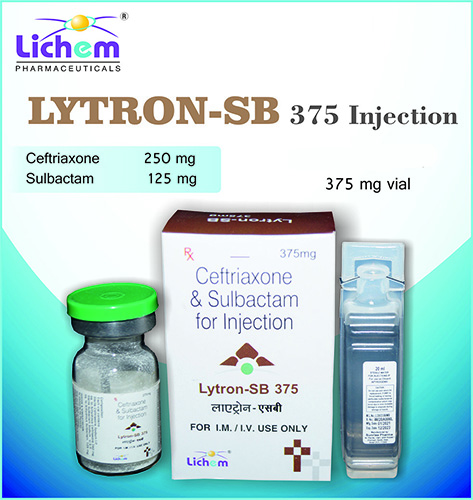Composition : Cefpodoxime proxetil 50 mg. Effective in Pharyngotonsillitis Promising results in typhoid fever Cephalosporin Antibiotic Highly effective in furuncle, Cellulitis, Infection of middle Ear INDICATIONS: Upper and lower respiratory tract infections Pharyngitis / Tonsillitis UTI Acute community acquired pneumonia Chronic Bronchitis General gonorrhea and rectal gonococcal infections
Send Message